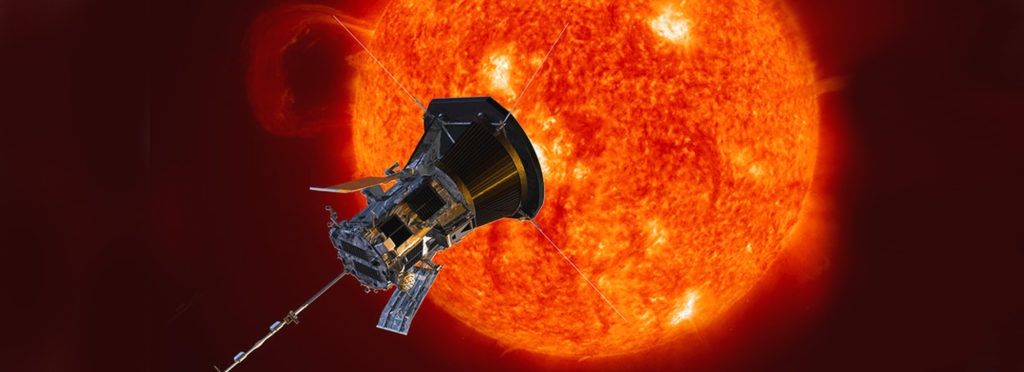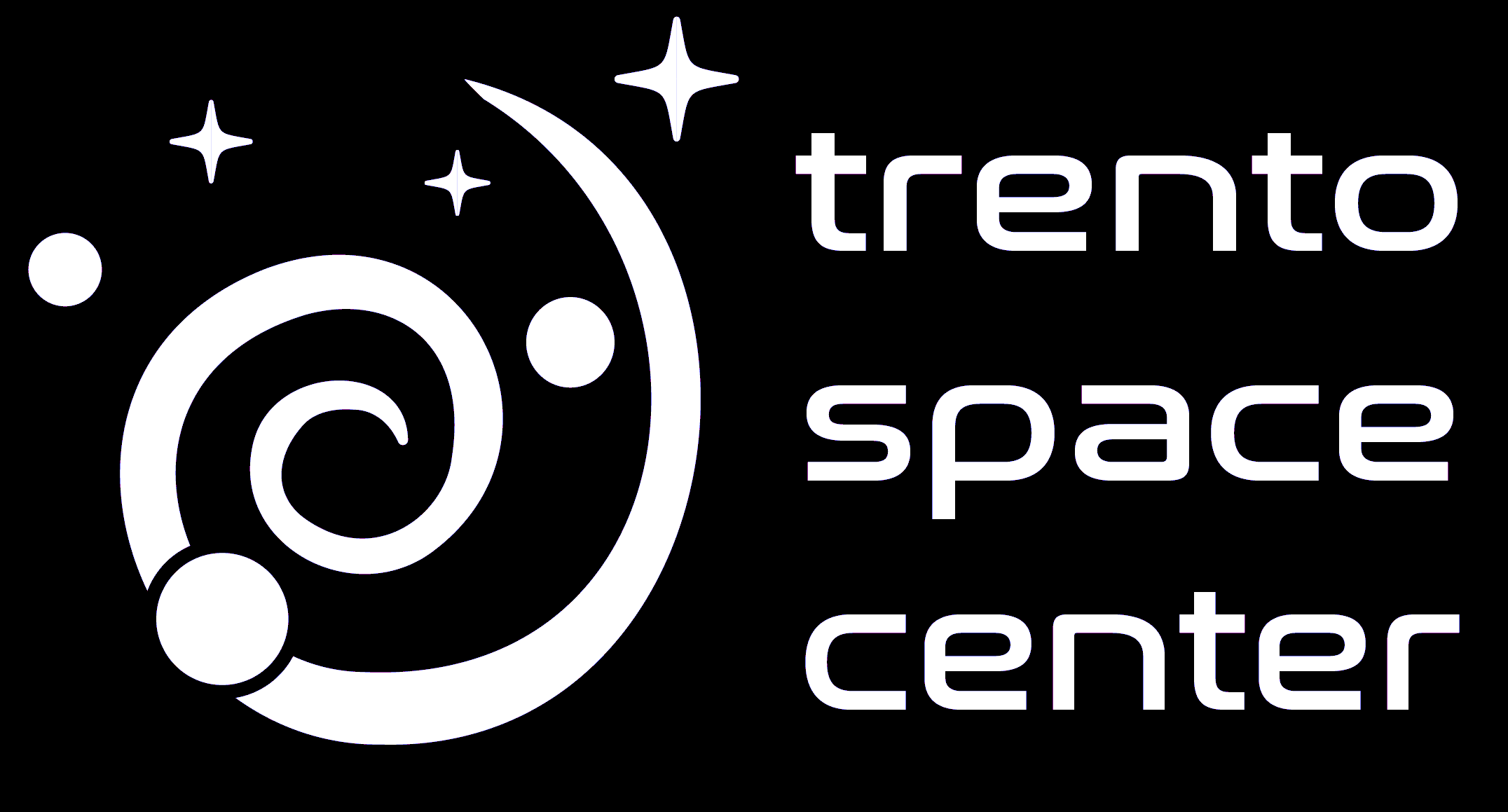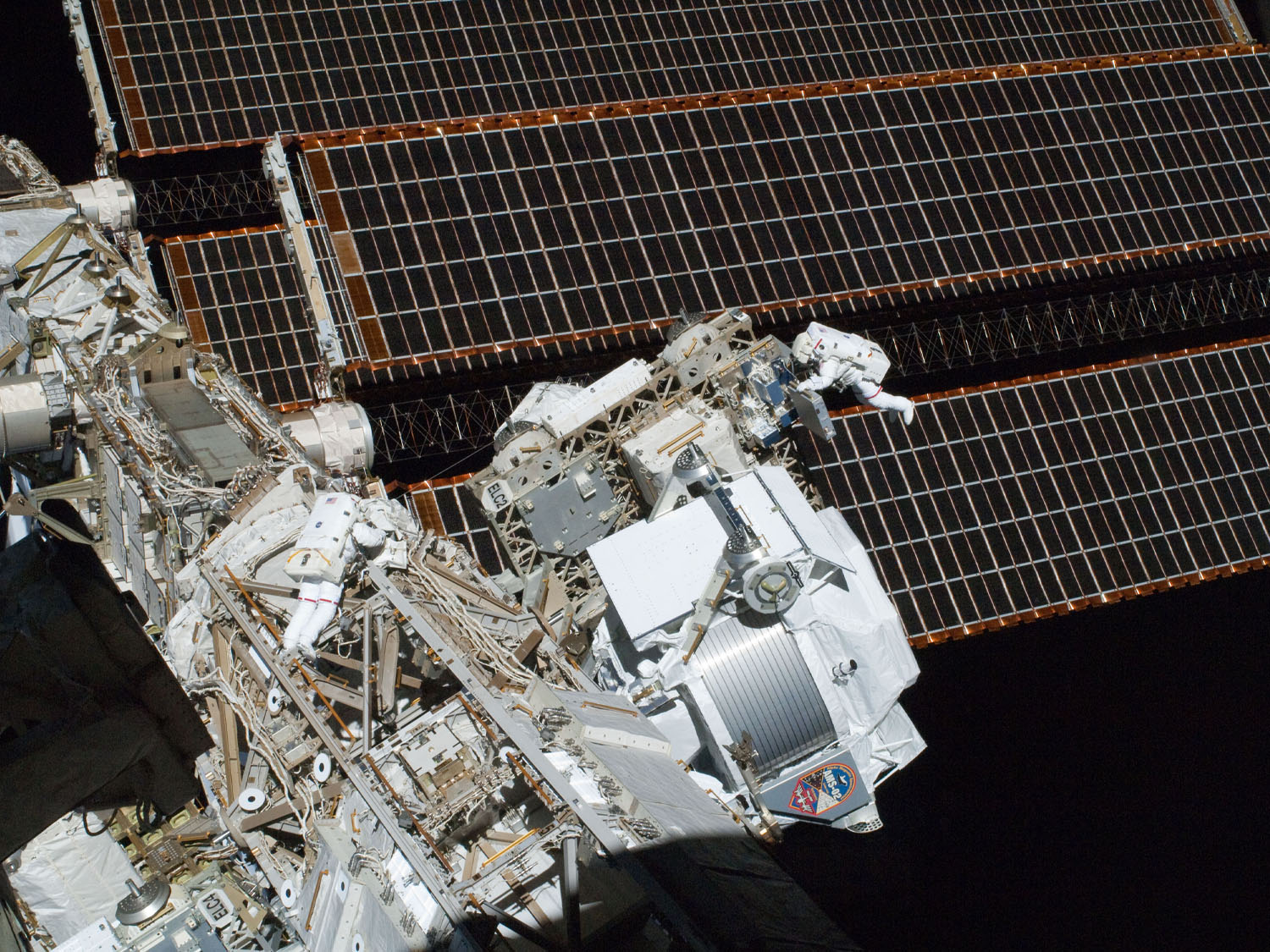Fundamental and exploratory space plasma physics: current and future heliospheric missions
Dr Alessandro Retinò – Laboratoire de Physique des Plasmas – CNRS

Baryonic matter in the Universe is almost exclusively in the state of plasma, a gas of charged particles governed by complex interactions with electromagnetic fields. It is for this reason that the Nobelist H. Alfvén coined the term Plasma Universe. Examples of cosmic plasmas include but are not limited to planetary and exoplanetary ionospheres and magnetospheres, stellar coronae, interplanetary, interstellar and intergalactic media, supernova remnants, accretion disks and astrophysical jets. A variety of fundamental physical processes, such as e.g. magnetic reconnection, turbulence, shocks and jets generation, occur in such plasmas and are responsible for key astrophysical phenomena such as particle acceleration, particle
transport and radiation. Studying these processes is therefore essential for understanding how the Universe works.
The heliosphere provides an excellent natural laboratory to experimentally study plasma physics since direct measurements of electromagnetic fields and ion and electron distribution functions are available in situ, through spacecraft measurements. The near-Earth plasma environment, on the one hand, is the best place to study fundamental plasma processes since high-resolution in situ measurements can be made at multiple points and can be transmitted to the ground in large volumes. The near-Sun corona, the interplanetary space and other planetary magnetospheres, on the other hand, provide environments where a much broader range of plasma conditions can be found, thus allowing exploratory studies despite of the lower resolutions and volumes of experimental data. In this seminar, I will present some key open questions and challenges related to both fundamental and exploratory heliospheric plasma physics, together with the discussion on in situ spacecraft plasma missions which are currently flying or are being designed for the future to address such questions.
Wednesday, February 15, 2023, 11:00 am (link)
Seminar proposed by SST PHD Programme


Comments are closed